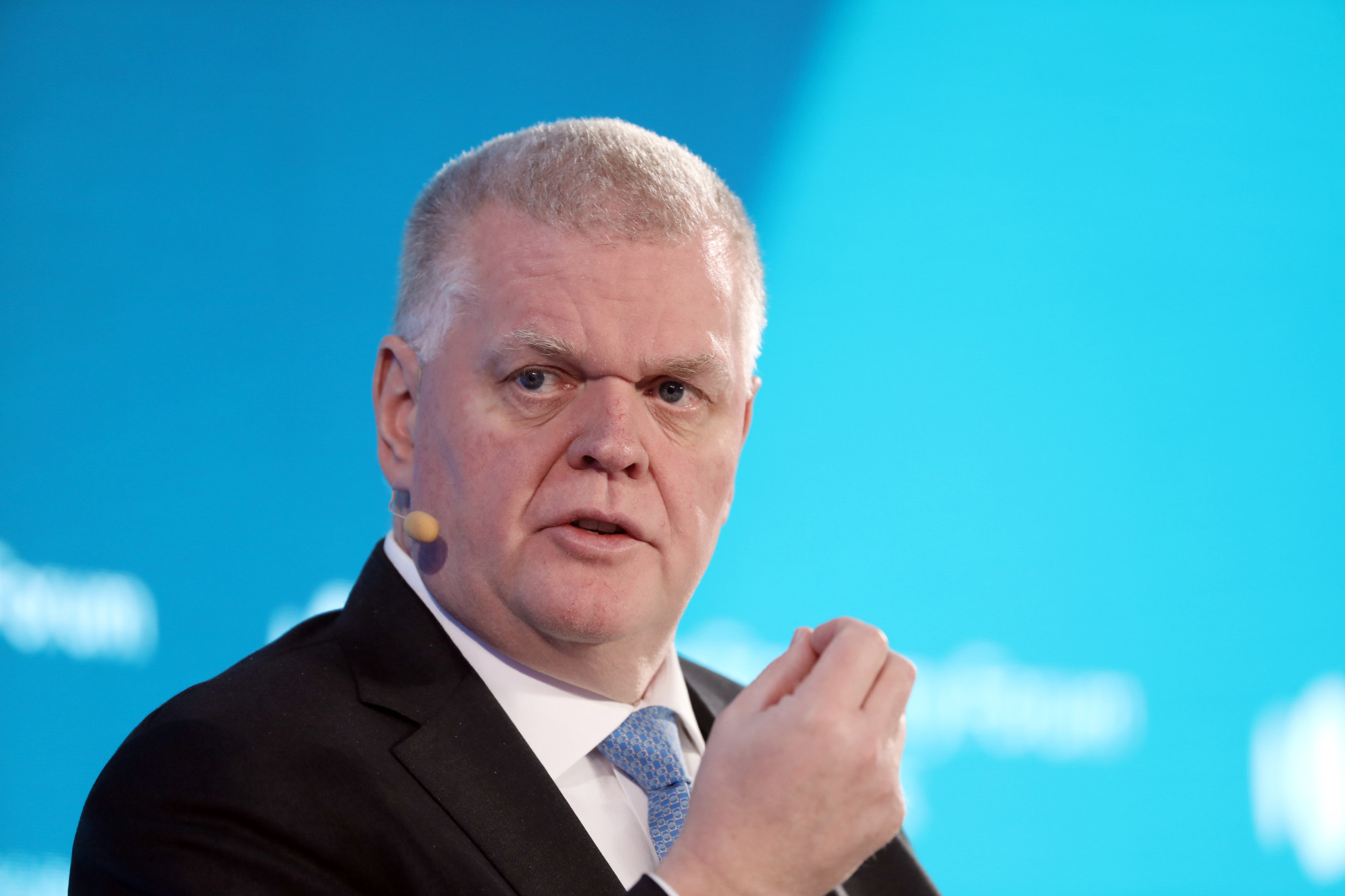
HSBC weighs sale of Canadian business as part of strategic review
- Options being explored include potential sale of HSBC Bank Canada
- HSBC facing pressure from largest shareholder Ping An to break up its business
HSBC is conducting a strategic review and exploring the potential sale of at least part of its business in Canada, as it faces pressure from its largest shareholder to break up the bank.
The options being explored include a potential sale of its 100 per cent equity stake in HSBC Bank Canada.
“HSBC regularly reviews its businesses in all its markets. We are currently reviewing our strategic options with respect to our wholly-owned subsidiary in Canada,” the bank said in a statement. “The review is at an early stage and no decisions have been made.”
The review of HSBC’s Canadian operations was first reported by Sky News on Tuesday.
According to HSBC’s website, HSBC Bank Canada is the seventh-largest bank in Canada. HSBC first opened in Canada in 1981 and made about a dozen acquisitions, including Bank of British Columbia in 1986, to expand its business over time.
Canada was the bank’s second-largest market in the Americas after the United States in 2021, with US$58.1 billion in customer deposits at the end of last year. It also was more profitable than the US business last year, generating US$768 million in pre-tax profit.
A sale of the Canadian business would be the latest retrenching of HSBC’s operations in the Americas.

Last year, HSBC said it would exit its mass-market retail business in the US and focus on serving wealthy clients and international companies there as part of a revamp under HSBC chief executive Noel Quinn.
The bank sold its business in Brazil for US$5.2 billion in 2016.
HSBC executives have claimed the bank generates much of its business through its international network and would require creating an entirely separate information technology network for the spun-off business at great expense. The bank operates in 63 countries and territories worldwide.
Any spin-off of HSBC’s Asia business would require three to five years, “cost a significant amount of money to execute”, which would “then have a negative impact on the market valuation of the business in Asia and on the dividend potential in Hong Kong”, Quinn said at a meeting of about 1,000 small shareholders on August 2.
Ping An first went public with its dissatisfaction and called for the bank to be broken up in late April. However, the troubles between HSBC and its largest shareholder can be traced back to 2020, when the bank agreed to suspend its dividend at the request of its primary regulator in Britain.
So far, Ping An’s campaign has resonated with vocal parts of Hong Kong’s retail shareholder base, but no major shareholder has publicly supported the campaign.
Many analysts have also expressed scepticism about the potential value that could be unlocked, given the likely complexity and time needed to split one of the world’s largest banks.


